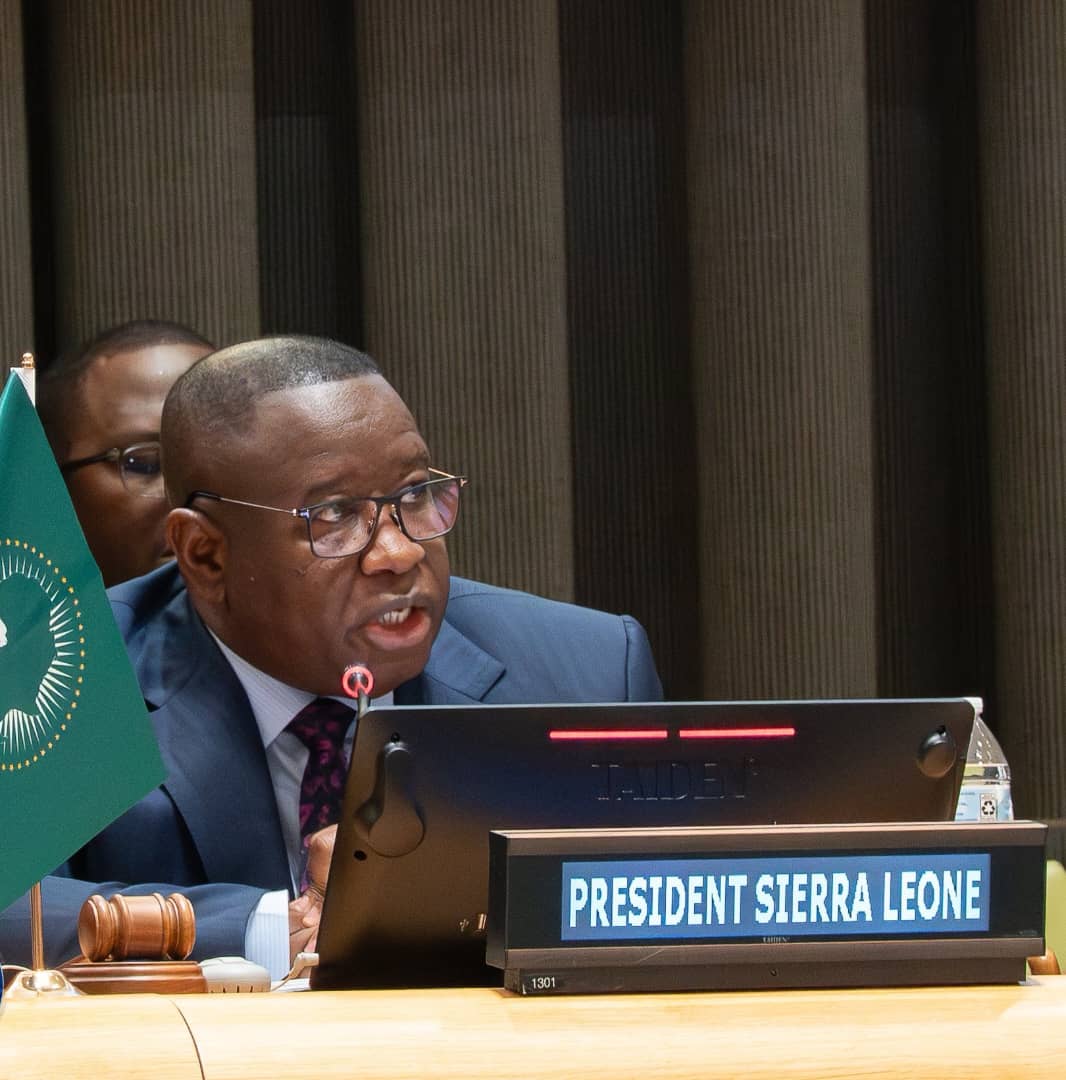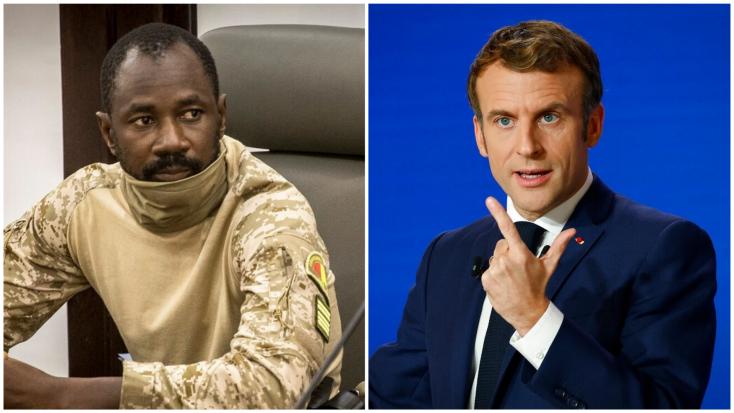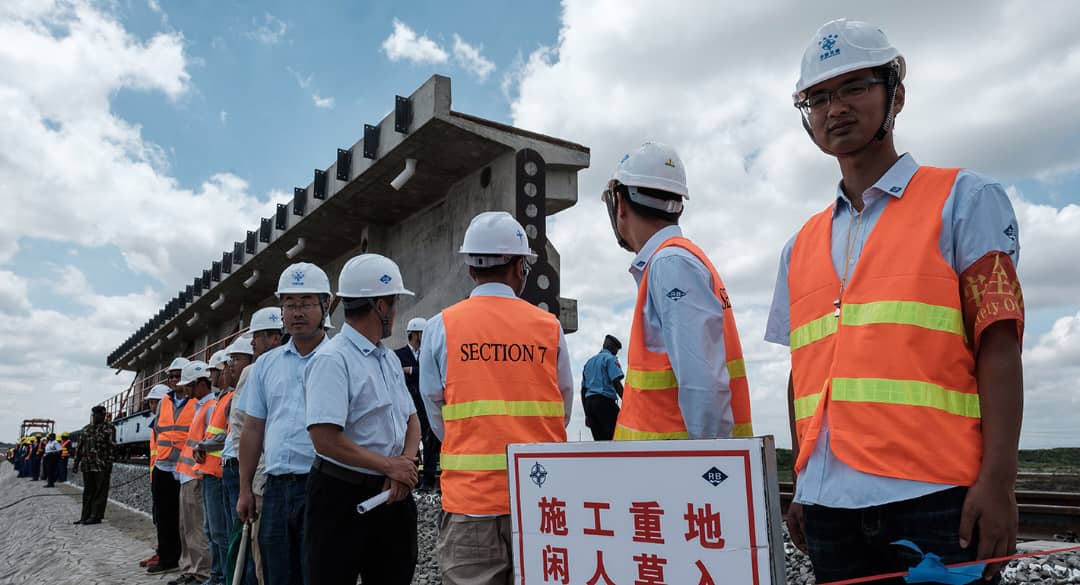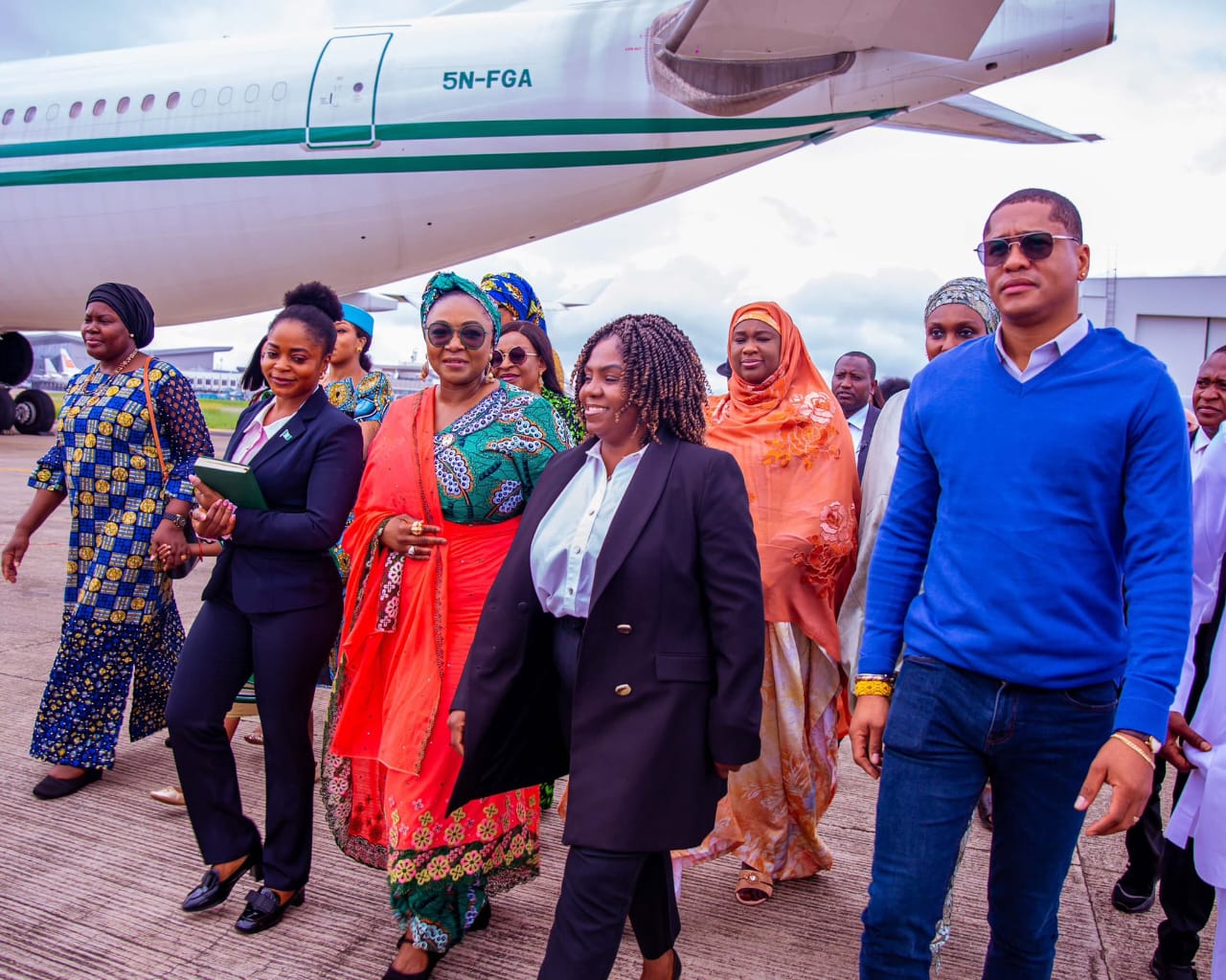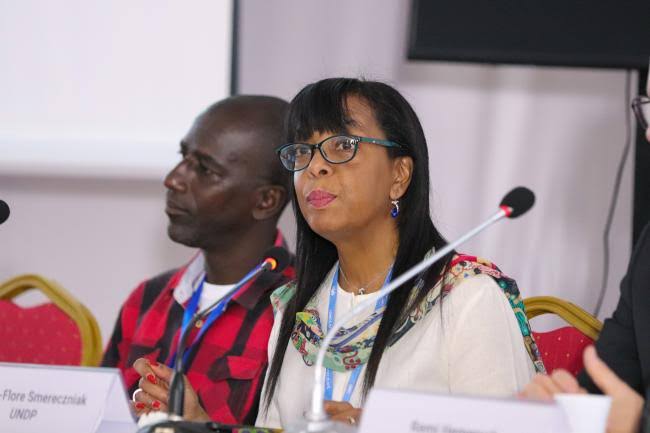By Ejiroghene Barrett
At the 80th UNGA, the Ezulwini Consensus remains a powerful symbol of African demands for equity. But is it a viable strategy for change, or a monument to diplomatic gridlock?
Celebrations of the 80th anniversary of the United Nations General Assembly (UNGA) conceal growing internal divisions within the institution. Nowhere is the tension more apparent than in the long-stalled debate over reforming the UN Security Council. And no single document encapsulates both the ambition and the intractability of this debate more than the Ezulwini Consensus.
At this week’s 7th Summit of the C-10, the African bloc delivered a clear and consistent message, one they have maintained for two decades. It was also revealing that the deliberations were held in the Trusteeship Council chamber, a venue dedicated to the governance of territories seeking self-determination.
Chaired by Sierra Leone’s president, Julius Maada Bio, the gathering reaffirmed the Common African Position. Africa demands two permanent seats with all the privileges of permanency, including the veto, plus two additional non-permanent seats.
On the surface, Bio’s leadership of the C-10, bolstered by his recent election as head of ECOWAS, projects an image of diplomatic momentum. The summit’s timing, in sync with the 80th UNGA, is a deliberate attempt to inject urgency into a process that has been languishing in the Inter-Governmental Negotiations (IGN) for years. But a closer analysis suggests that while the Ezulwini Consensus remains a powerful rhetorical tool, it has become a strategic straitjacket, locking Africa into a maximalist position that the existing P5 have little incentive to accommodate.
The unyielding calculus of the veto
The principal obstacle is the veto demand within the African Union’s 2005 Ezulwini Consensus, a measure taken to rectify a significant anomaly. A continent that contributes the majority of UN peacekeepers and is the subject of a significant portion of the Council’s agenda has zero permanent representation. The moral and political argument for correcting this injustice is compelling.
However, geopolitics is rarely swayed by morality alone. The veto is the ultimate symbol of power in the UN system, and the current P5, the United States, Russia, China, France, and the United Kingdom, have shown zero appetite for diluting their exclusive club. In fact, the geopolitical climate has only hardened since 2005.
With rising tensions between the West and the Russia-China axis, the prospect of any P5 member agreeing to create new veto-wielding rivals is virtually nil. As one Western diplomat, speaking on condition of anonymity, put it, “Asking the architects of the current system to voluntarily sign away their privilege is a recipe for perpetual stalemate.”
Pragmatic alliances like the G4 (Brazil, Germany, India, Japan) now advocate a compromise of permanent seats without an immediate veto. Africa’s principled refusal to accept this proposal excludes it from what some consider to be the most viable, though remote, coalition for change. Africa’s refusal acts as a deliberate political message of its strength and rejection of a second-class permanency that would perpetuate the existing hierarchy.
This inflexibility is not merely obstinacy. It is a calculated insistence on taking its rightful place as an equal on the global stage. The C-10’s hope of building a “unified front” may be isolating it at the negotiating table, but it also reinforces a narrative of unyielding demand for full equity.
The ghost of African unity
The second major hurdle is internal. The Ezulwini Consensus presupposes a level of continental unity that is often elusive in practice. The C-10 itself, while a useful mechanism, cannot resolve the unspoken question: which two African nations would assume these permanent seats?
The Ezulwini consensus overlooks the contest between the continent’s powerhouses, like Nigeria, South Africa, Egypt, and Ethiopia. It is evidently a challenge to adopt a common position, but achieving consensus on a single candidate appears to be a far greater challenge. Any attempt at allocation could fracture the unity that has sustained Africa’s negotiating strength. This internal contradiction makes the Ezulwini Consensus a potent manifesto but a fragile operational plan.
A leadership moment with tough questions
Bio’s chairmanship highlights Sierra Leone’s recovery and growing regional relevance. His consensus-driven approach is valuable. However, the critical challenge for him and the C-10 is forging a practical agreement from the present deadlock.
Is there room for a more flexible, phased approach? Could Africa champion a category of longer-term, renewable seats as a stepping stone, while never relinquishing the ultimate goal of full permanency? Such a tactic would require immense political courage, as it could be seen as betraying the Ezulwini principles. But it might also break the logjam and give Africa a tangible win and a stronger voice within the Council, rather than perpetually shouting from the outside.
The stakes for the 80th UNGA
The world faces a cascade of crises that will be discussed at the 80th General Assembly, from climate shocks to regional conflicts. The current Security Council appears increasingly paralysed to address these issues. The call for reform is louder than ever, but the path remains blocked.
The Ezulwini Consensus stands as a necessary monument to Africa’s demand for justice. But after 20 years, diplomacy requires more than monuments. It requires pragmatism. The C-10 summit under Bio’s leadership is a reminder of what Africa rightly deserves.
The true measure of its success, however, will be whether it can begin to forge a strategy that the world as it is, not as it should be, might actually accept. Without a new tactical playbook, some analysts believe that the 80th UNGA may be the stage for a well-rehearsed, but ultimately unproductive, performance. Africa’s adherence to its demands, however, is considered an admirable assertion of its legitimate claims.







